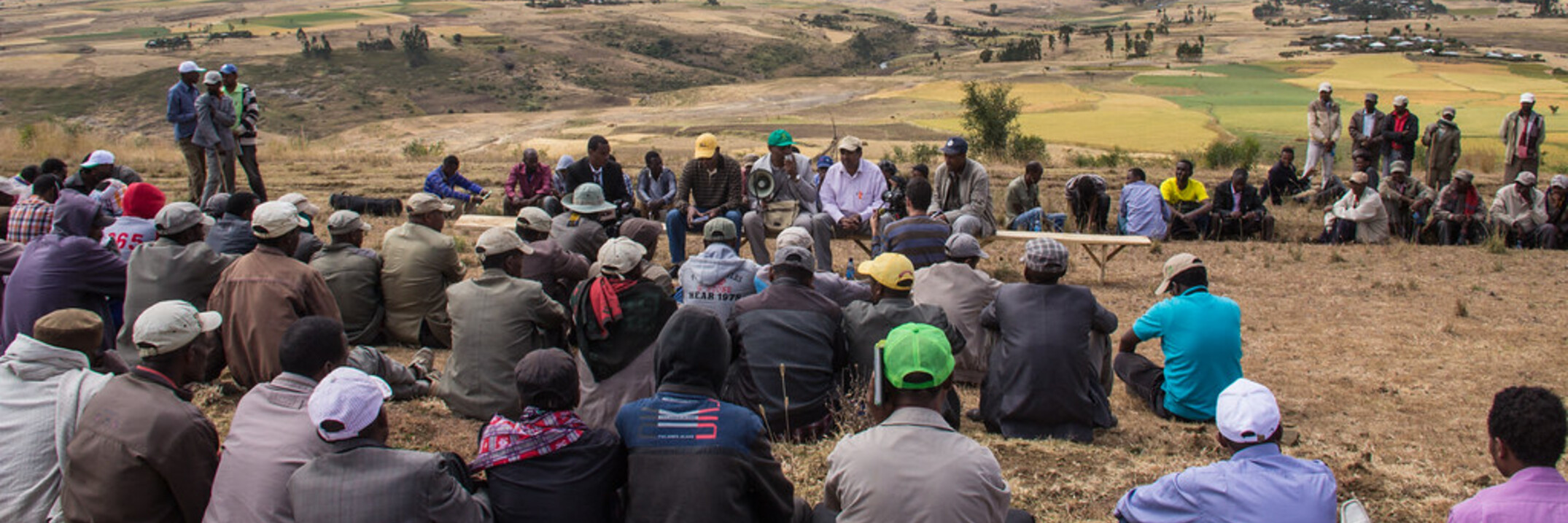Climate extreme events have been observed more frequently since the 1970s throughout Ethiopia, which adversely affects the socio-economic development of the country, as its economy depends on agriculture, which, in turn, relies heavily on annual and...


